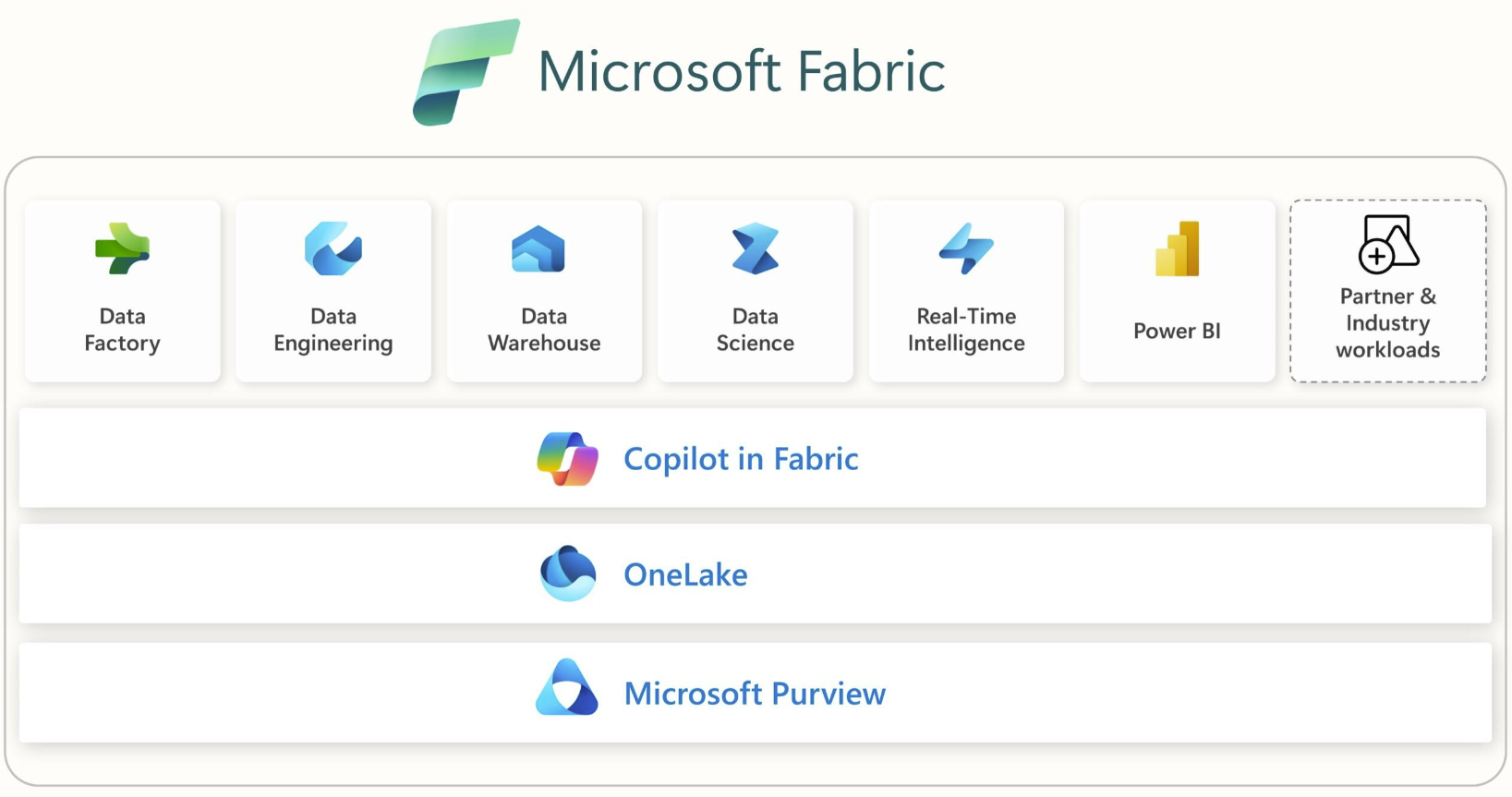Microsoft Build 2024: Microsoft Fabric opens up, adds real-time intelligence, Snowflake, Databricks connections
Microsoft Fabric is getting tools and workloads to analyze real-time streaming data as well as integration with Snowflake and Databricks platforms.
At Build 2024, Microsoft said Real-Time Intelligence will be a new workload in preview that will enable enterprises to act on high volume, real-time data. Real-Time Intelligence includes the following features on Microsoft Fabric, which was announced a year ago:
- Real-Time Hub, a hub to ingest, process and route events in Fabric from data sources across an organization. Events that go into Real-Time Hub can be routed to any data store in Fabric.
- Event streams that connect to multiple cloud sources.
- Real-time dashboards for multiple users.
- Microsoft Copilot in Fabric for generating queries and insights.
- In addition, Microsoft launched a Fabric Workload Development Kit along with data sharing features and other functions.
Microsoft Build 2024: Azure gets AMD MI300X Accelerators, Cobalt preview, OpenAI GPT-4o
For analytics customers, the ability to connect Microsoft Fabric with Snowflake data may be more interesting. Microsoft said it is creating shortcuts to Snowflake data via Apache Iceberg, an open-source native table format.
With Iceberg shortcuts, Microsoft Fabric customers will be able to connect OneLake to Snowflake data. Microsoft said the Apache Iceberg support will mean Fabric OneLake and Snowflake can have bi-directional data flows for analysis. Fabric users will be able to access all data sources in the Iceberg format.
In addition, Microsoft said Azure Databricks Unity Catalog tables will be available directly in Microsoft Fabric. From the Fabric portal, you can configure Azure Databricks Unity Catalog items in Fabric and manage in OneLake.
Microsoft added that Fabric users will be able to access lakehouse data in Azure Databricks even if it remains in OneLake.

Constellation Research's take
Constellation Research analyst Doug Henschen said:
"Microsoft has differentiated Fabric with its "OneDrive for data" ease-of-use messaging and the promise of using one data platform to support seven different workloads: data integration, data engineering, data science, data warehousing, real-time intelligence, analytics (Power BI) and partner workloads.
The biggest news from Build is the opening up of the platform with the addition of Apache Iceberg support, and with it, bi-directional integration with Snowflake. This puts Snowflake on an equal footing in the Fabric ecosystem with Azure Databricks, which was previously supported through the Delta standard. In addition, the offer of free mirroring of storage replicas with low-latency change data capture synchronization will lower the cost of making third-party Delta- or Iceberg-standard data lakes and lakehouses part of a customer's Fabric.
Other Build announcement of note related to include the new Real-Time Hub for streaming workloads and support for third-party workloads on Fabric. Informatica, Neo4j, and SAS are early examples of third-party partners that are building on Fabric, and a new SDK and the Fabric Marketplace will encourage more partners to make workloads available on Fabric."
Constellation Research analyst Holger Mueller said:
"All cloud vendors realize that AI is the new growth engine, but to be successful with AI they need to provide data platforms to enterprises. For Microsoft the same is true, only that it also needs Azure to power the inhouse workloads – that range a single Office user to the all Microsoft products using Dynamics customers. The result is the new Fabric that has be open for all enterprise workloads. Microsoft had to be open for partners. Now it is all about adoption that will be dictated functionality, stability and affordability."

